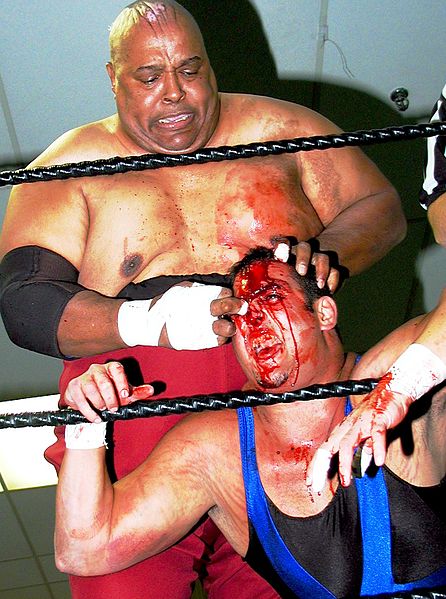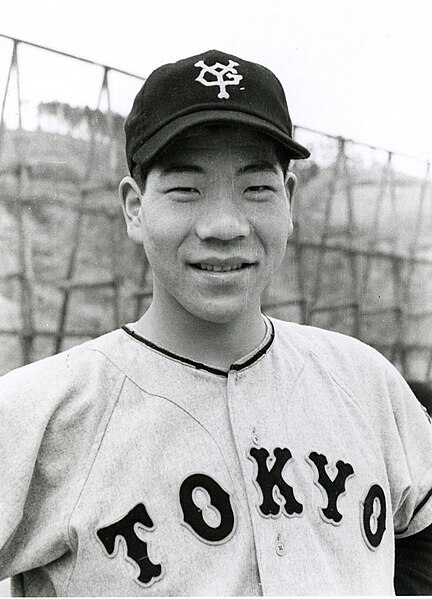Wrestling Observer Newsletter Hall of Fame
The Wrestling Observer Newsletter (WON) Hall of Fame is a professional wrestling and mixed martial arts (MMA) hall of fame that recognizes people who make significant contributions to their professions. It was founded in 1996 by Dave Meltzer, editor of WON. Like many other wrestling halls of fame, such as the WWE, TNA, ROH and WCW halls of fame, WON's Hall of Fame is not contained in a building, and there are no ceremonies for inductions other than a highly detailed biographical documentation of their career in the newsletter. Inductees include wrestlers/fighters, managers, promoters, trainers, and commentators. On select occasions, groups, either tag teams, trios, or quartets, have been inducted rather than the individual members of the group. This first occurred in 1996, when The Fabulous Kangaroos and The Road Warriors entered the hall. The Fabulous Freebirds, The Midnight Express, The Rock 'n' Roll Express, The Assassins, The Holy Demon Army, The Sharpe Brothers, Los Misioneros de la Muerte, and Los Brazos among others all also entered as groups. Occasionally entire wrestling families have been inducted into the hall. This first occurred in 1996 when The Dusek Family entered the hall; in 2022, the five man familial team of Los Villanos was inducted.

Image: Abdullah The Butcher
Image: André the Giant in the late '80s
Image: Shohei Baba (Giant Baba) 1955 Scan 10041
Image: Dick Beyer
The Fabulous Kangaroos were a professional wrestling tag team who existed in various forms from 1957 until 1983. The first incarnation of The Fabulous Kangaroos was formed when Italian Australian Al Costello teamed with Australia native Roy Heffernan and adopted an "Ultra Australian" gimmick complete with boomerangs, bush hats, and the song "Waltzing Matilda" as their entrance music. Costello and Heffernan are arguably the most famous version of The Kangaroos, regarded as one of the top tag teams to ever compete in professional wrestling, and are often credited with popularizing tag team wrestling in the late 1950s and 1960s.
Costello (left), Berry (middle) and Heffernan (right)





